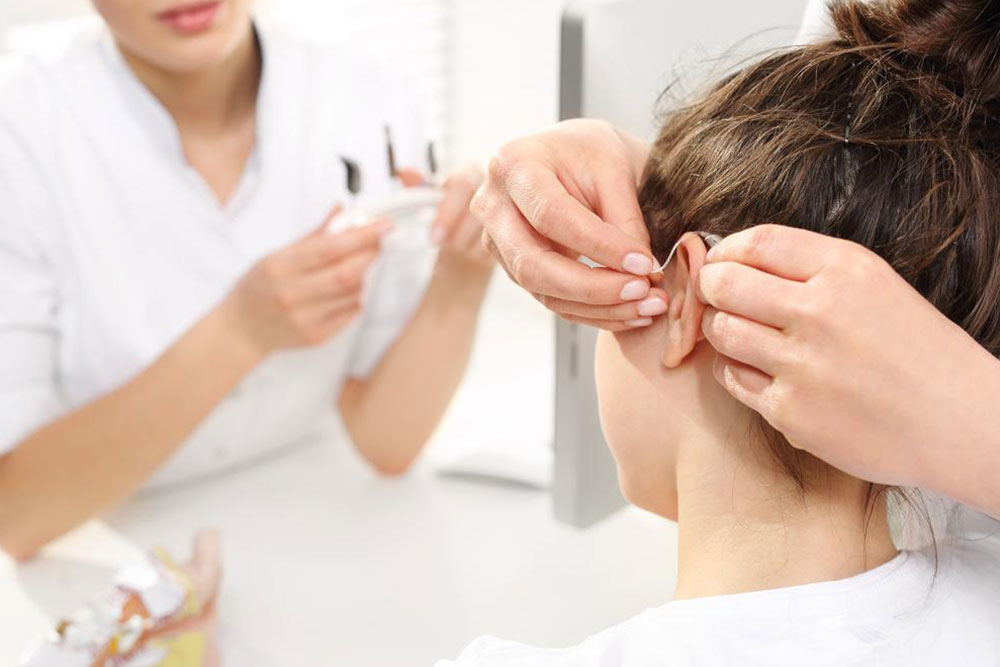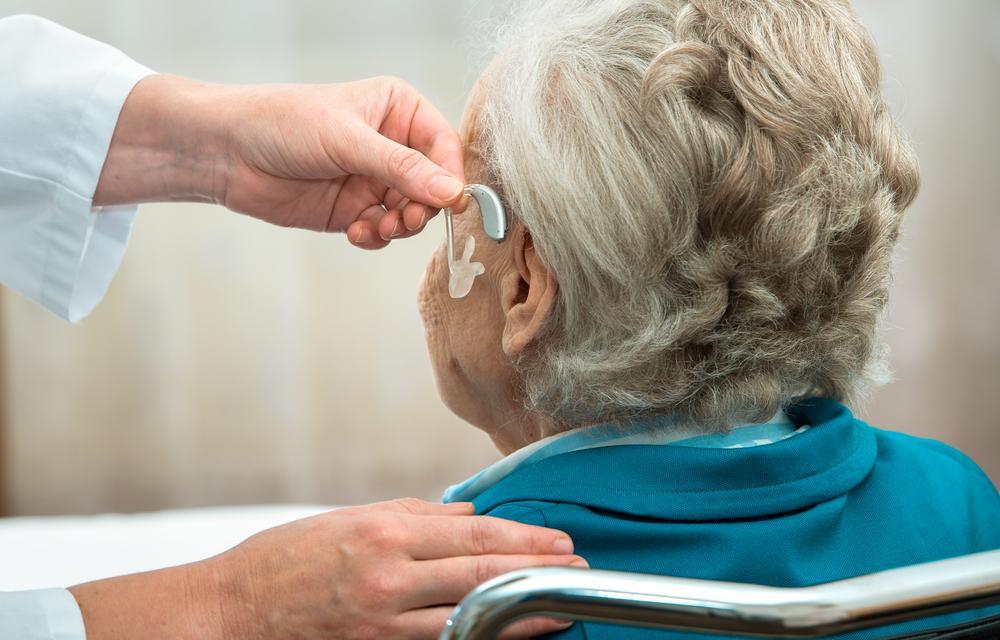Comprehensive Guide to Managing Hearing Loss Effectively
Hearing loss can significantly impact daily life, but effective management strategies including medical treatments, assistive devices, and lifestyle adjustments can enhance quality of life. Regular consultations with healthcare professionals are essential for early detection and tailored solutions. This comprehensive guide covers practical approaches, surgical options, and advanced technologies to assist those with hearing impairment, emphasizing the importance of proactive care and continuous support for better communication and safety.

Comprehensive Strategies for Managing Hearing Loss Effectively
Hearing loss is a condition that can significantly impact daily life, affecting communication, social interaction, and overall well-being. While experiencing hearing impairment can be daunting, there are numerous strategies and medical options available that can help individuals cope better or even improve their hearing capabilities. The journey to manage hearing issues often requires patience, a proactive approach, and consultation with healthcare professionals. This detailed guide explores various effective methods and technological advancements designed to assist those with hearing difficulties, focusing on practical steps, medical procedures, and assistive devices.
While the goal might be to restore normal hearing, even if complete recovery isn't feasible, adopting a positive mindset and utilizing available resources can dramatically enhance quality of life. From everyday habits to advanced surgical options and high-tech devices, understanding your choices empowers you to make informed decisions about your auditory health.
Addressing Earwax Buildup
One of the most common and easily remedied causes of hearing difficulty is excess earwax. This natural substance, while protective, can accumulate to the point of obstructing sound transmission. A healthcare professional can safely and effectively remove excess wax using various methods, such as softening agents, gentle flushing with warm water, scooping, or suction techniques. Regular ear hygiene and prompt treatment of wax buildup are essential in maintaining optimal hearing capabilities. Preventative care and awareness can help avoid unnecessary hearing loss caused by blockages.
Exploring Surgical Interventions
If hearing issues persist despite conservative measures, surgical options may be recommended. Minor procedures, such as placing ventilation tubes, can help alleviate fluid accumulation in the middle ear, which is often associated with infections or injuries. Ear surgery can also repair structural damage caused by trauma or congenital issues, paving the way for better sound transmission. Consulting with an otolaryngologist (ear, nose, and throat specialist) is crucial to determine whether surgical intervention is suitable for your condition.
Utilizing Hearing Aids
For those with sensorineural hearing loss where the inner ear sustains damage, hearing aids offer a practical solution. Modern devices are compact, discreet, and equipped with advanced technology to amplify sounds while reducing background noise. Wearing your hearing aid consistently can greatly improve everyday communication, social interactions, and overall safety. It's important to have your hearing tested regularly to ensure your devices are functioning optimally, and sometimes, hearing abilities may improve over time with consistent use.
Cochlear Implants: Advanced Hearing Restoration
For severe to profound hearing loss, cochlear implants provide a revolutionary solution. These surgically implanted devices bypass damaged parts of the inner ear (cochlea) and directly stimulate the auditory nerve. While cochlear implants do not restore natural hearing, they significantly improve the perception of speech and environmental sounds. The process involves careful evaluation, surgical placement, and months of auditory training to maximize benefits. For many users, cochlear implants enhance quality of life by enabling better communication and social engagement.
Assistive Listening Technologies (ALDs)
In noisy environments or situations where typical hearing aids fall short, assistive listening devices can be beneficial. These technologies include FM systems, loop systems, and digital sound processors that filter out background noise and enhance speech clarity. ALDs can be used in lectures, theaters, or one-on-one conversations, making communication easier and more effective for individuals with hearing challenges.
Safety and Alert Systems
Hearing loss can sometimes compromise safety, as important sounds like doorbells, alarms, or phone rings may go unnoticed. Visual alert systems utilize flashing lights, while tactile devices vibrate to notify users of significant sounds around them. These alert systems serve as vital safety tools, helping individuals with hearing impairment stay aware of their environment and respond promptly to emergencies.
Early Detection and Professional Consultation
Prompt identification of hearing issues is vital for effective management. Regular hearing screenings and prompt consultation with audiologists or ENT specialists can help catch problems early, preventing further deterioration. Personalized treatment plans, including a combination of medical interventions and assistive devices, can significantly improve outcomes.
In addition to medical treatments, lifestyle adjustments, such as improving communication strategies and creating supportive environments, bolster overall well-being. Education about hearing health, protective measures against noise exposure, and ongoing support are fundamental components of comprehensive hearing management.
Ultimately, managing hearing loss requires a multifaceted approach tailored to each individual's specific condition and lifestyle. Whether through medical procedures, assistive devices, or environmental modifications, hope and effective strategies are available to help you stay connected to the world around you.





